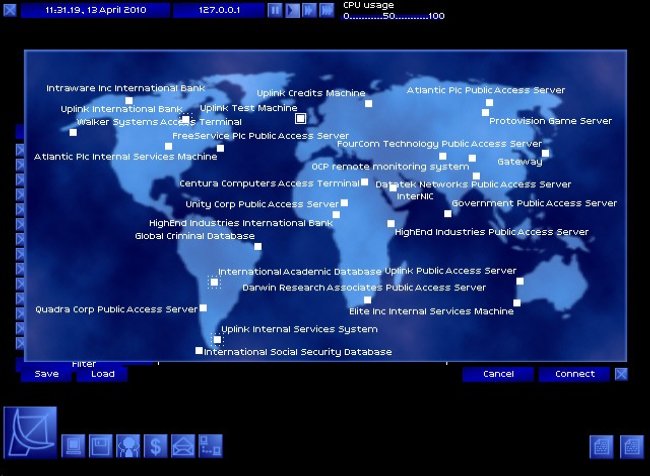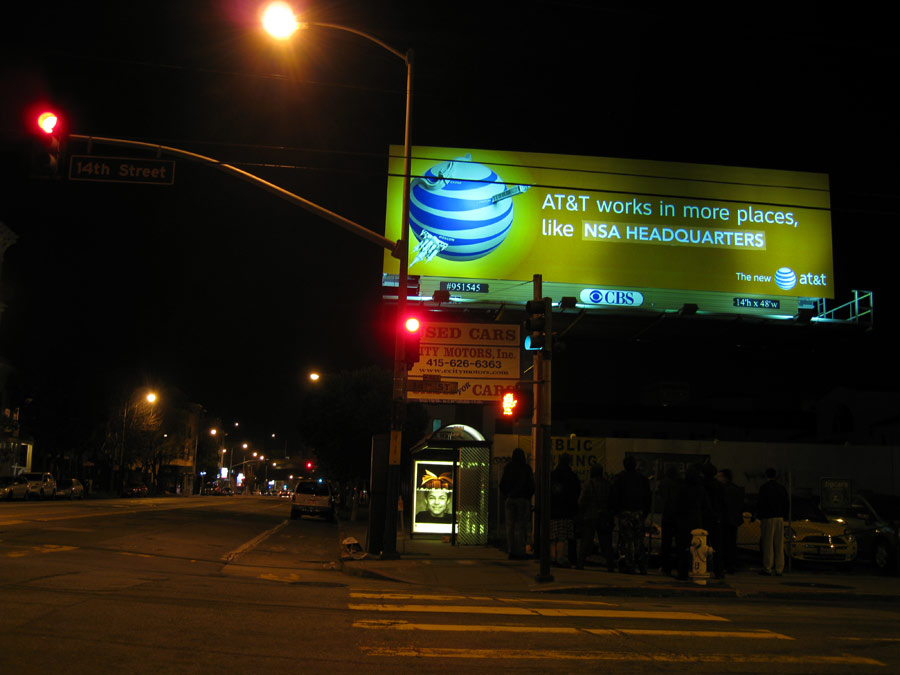August 25, 2009
War for the Internet
Source: New Scientist (Jim Giles), and everywhere else.

It’s ON. While the activities after the Iranian elections earlier this year have mostly quieted down, the Internet’s impact can still be felt from the Twitter messages that flowed from the Muslim theocracy crackdown on dissidents. The Internet showed how powerful it can be when the truth needed to get out…
… and that is why several countries (dictatorships mostly) do not like the Internet. They are currently engaged in a war against the net, seeking to control access to it, and possibly control of it.
The only thing they have to fear is… The Internet has become known as a form of “disruptive technology” because, as WikiPedia’s Disruptive Technology article points out: Disruptive technologies are particularly threatening to the leaders of an existing market, because they are competition coming from an unexpected direction. When you prefer to lead with an iron fist, competition is the last thing you want, and the global nature of the Internet magnifies that competition billions of times over as a global community of the common people (as opposed to controllable politicos) outside your stronghold are now turned against you.
The power of technology - such as blogs - meant that the world could no longer be run by “elites”, Mr (Gordon) Brown said.
For those type of tyrants, the only viable solution is to cut the cables of the Internet; Put up firewalls and filters to weed out such disruptions and the like:
Most of these actions are aimed at stifling political debate. “Political filtering is the common denominator,” says Helmi Noman of the Berkman Center for Internet and Society in Boston, who compiled the report. “It’s the main target.”
…
Governments also keep tabs on who is using the internet and what they are viewing. In March, newspapers in Saudi Arabia reported that police had started visiting internet cafes to ensure that owners had installed cameras to monitor users, as the country’s law requires. In Jordan, cafe owners have to record their customers’ names and monitor the sites they visit.Noman says that filtering and monitoring have become more widespread as the internet’s role in political activity has increased. “More activists are going online and more activists are being created online,” he says.
Monitoring has become more widespread as the internet’s role in political activity has increasedWhat’s happening in the region is echoed to some extent in most other parts of the world. Online users almost everywhere are subject to some kind of censorship, the ONI says.
Such activities range from the use of firewall blacklists to more personal Internet attacks. How personal? Just ask this Georgian blogger. You can find other such anti-Internet, or at least anti-blogging, threats like jail time and possible military strikes against bloggers if you search the net enough.
While more democratic nations don’t experience that type of political censorship (unless they watch Fox “News”), there have been more “subtle” ways to silence websites by calling “child pornography” like Australia’s recent (epically failed) attempt at Internet censorship. But politics and porn aside, there’s an even bigger threat to the Internet, in case you haven’t heard…
Don’t fuck with our profit margins!
BREAKING NEWS: The Pirate Bay has been (temporarily) taken offline by their ISP who was “threatened” with “legal action.” (TorrentFreak). They already have a new home (for now), though their tracking system is still down.
Ever since the Net exploded in the mid 90’s, everybody has been trying to make a profit off it. Not just the advert-perverts, but the ISPs who see themselves as “gatekeepers” of the Internet. They have been trying to throttle people’s use of the Internet by claiming that the bandwidth is running out, only they just want more of that bandwidth to force more adverts (and government propaganda) down our throats. And if they can’t do that, they’ll just let the NSAs tap whatever wires they want so they can call high-bandwidth users “terrorists.” That might free up some bandwidth and cut down on all the torrenting going on.
Speaking of torrents, do you really believe that media groups are losing billions because of torrent “piracy” and not because the shit they put out is… well, shit? Just as long as nothing threatens their profits… like Google Voice was about to do, and how bloggers were getting away with posting content from news sites without paying. Rupert Murdoch will see that bloggers pay dearly for that (content).

Freedom Fighters There have been some calls for a Digital Bill of Rights, but whether that would be any more effective in keeping people safe from the Gov-Telco-Media complex than a stash of high-powered firearms is questionable. Until we can get the GTM thugs offline permanently, best just keep all your drives and transmissions encrypted, and invest in firearms. In the meantime, I’m going to see if I can find more info about HP’s Darknet project.




